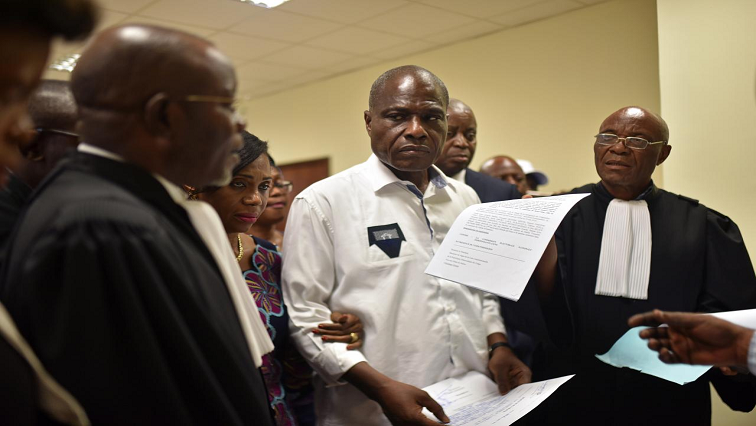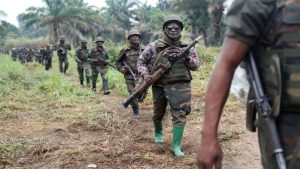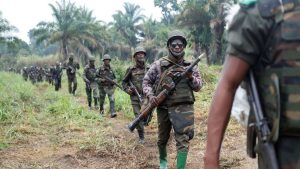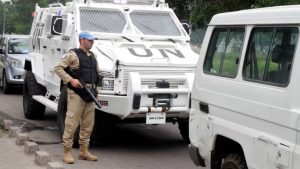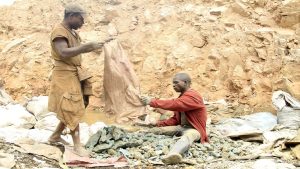Lawyers for the runner-up in Democratic Republic of Congo’s disputed election on Tuesday urged the Constitutional Court in a series of impassioned speeches to order a recount of a poll that they said was rigged against their candidate.
The 30 December election was meant to lead to Congo’s first democratic handover of power since independence from Belgium in 1960, but hope for a new era after 18 years of rule by President Joseph Kabila has faded amid a bitter dispute over the outcome that some fear could fan unrest.
The second-place finisher, former Exxon Mobil executive Martin Fayulu, says he in fact won with more than 60% of votes based on tallies his camp compiled, and that the official winner, opposition leader Felix Tshisekedi, struck a deal with Kabila to be declared the victor. Tshisekedi and Kabila deny this.
Hearings on a fraud complaint filed by Fayulu opened on Tuesday in a packed room at the Constitutional Court, which has until Friday to pass judgment.
The court, made up of nine judges, is considered by the opposition to be friendly to Kabila and Fayulu has said he is not confident that it will rule in his favour.
“We ask for a recount of the votes from all candidates, polling station by polling station,” one of Fayulu’s lawyers told the court. Others said the election commission should not have announced results when votes were still being counted.
Lawyers for Tshisekedi’s Union for Democracy and Social Progress (UDPS) party said not enough evidence has been produced to justify a recount.
Congo’s influential Catholic Church has said the presidential results were inconsistent with those gathered by its 40 000 election observers. It has not said who it believes won, but three diplomats briefed on its findings said they indicated it was Fayulu.
Wary of the fallout from a long-running political crisis, the Southern African Development Community (SADC), which includes regional powerhouses and Kinshasa allies South Africa and Angola, has called an emergency meeting on Thursday in Addis Ababa to discuss the election.
Kabila’s diplomatic adviser, Barnabe Kikaya Bin Karubi, told Reuters he would attend Thursday’s SADC meeting alongside foreign minister Leonard She Okitundu.
It was not clear what action, if any, the bloc might decide to take. SADC on Sunday called for a recount. South Africa and Zambia backtracked on Monday, although Zambia reiterated its call for a government of national unity.
LEGISLATIVE POLLS IN DOUBT
Tshisekedi’s UDPS party also plans to file a challenge to the results of the legislative election, which took place the same day as the presidential vote.
Although the presidential candidate of Kabila’s ruling coalition, Emmanuel Ramazani Shadary, won only 24% of the vote, the coalition took more than 350 of 500 seats in the National Assembly, compared with about 30 for the UDPS.
That could undermine Tshisekedi’s ability to live up to campaign promises to break with Kabila’s long tenure, which began in 2001 when his father was assassinated.
France, Belgium, the United States and Britain have all expressed concern, but perceived criticism from inside Africa could hold greater sway, with approval from regional partners critical for the legitimacy of the next president.
Isolated post-election violence in Congo has many fearing a return to the kind of conflict and upheaval that killed millions since the 1990s and destabilised the region.
Congo is the world’s leading miner of cobalt, a mineral used in electric car batteries and mobile phones, and Africa’s biggest copper producer. It also mines gold and diamonds.
But unrest, disorganisation and corruption has left many in poverty and dissatisfied with Kabila’s rule.


